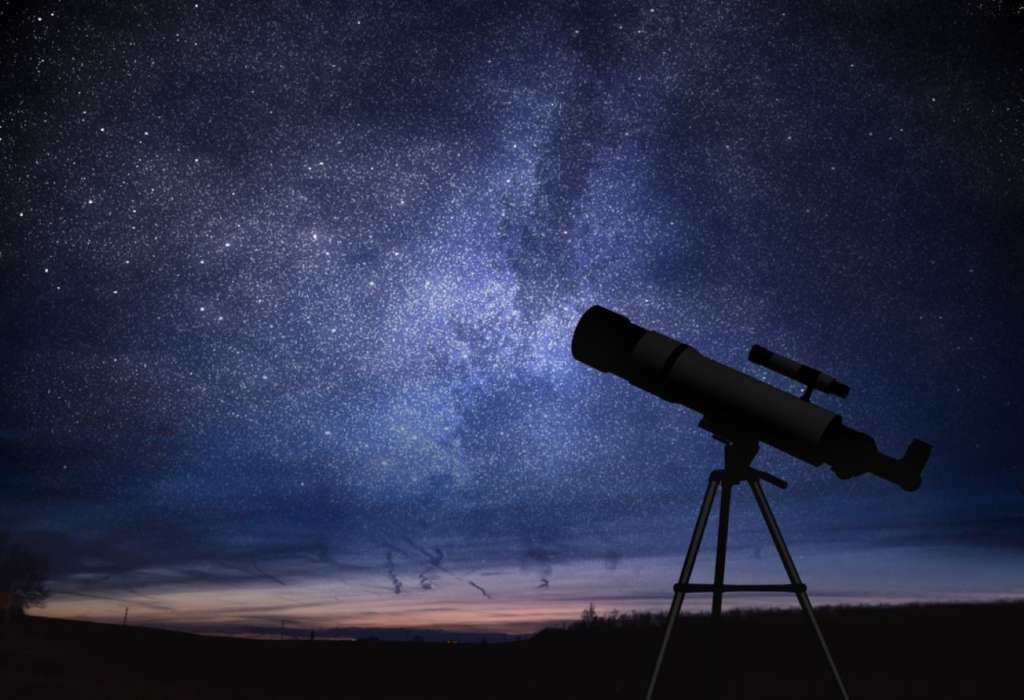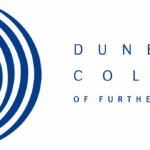Considering an Astronomy Course?
If you would like to learn more about astronomy, an astronomy course may be an excellent choice for you. An astronomy course will teach you all you need to know about astronomy as a whole. In addition, it can be an incredibly enjoyable hobby that allows you to escape your mind, de-stress and enjoy what lies above. The good news is there are so many astronomy courses currently available. They offer great flexibility too. Astronomy courses are available in part-time and evening class options, in person and online.
What is Astronomy?
Astronomy is the study of the moon, stars, sun, comets, planets, gas, galaxies, dust and other non-Earthly bodies and phenomena. NASA defines it as simply, the study of stars, planets and space. Astronomy and astrology were historically associated; however, astrology is not a science and is no longer seen as having anything to do with astronomy.
A Brief History of Astronomy
Historically, astronomy has focused on observations of heavenly bodies. It is a close cousin to the practice of astrophysics. Succinctly put, astrophysics involves the study of the physics of astronomy and focuses on the behaviour, properties and motion of objects out there. Although modern astronomy involves many elements of the characteristics and motions of these bodies and the two items are generally used interchangeably today.
Modern astronomers generally fall into two fields: the observational and the theoretical. Observational astronomers focus on direct study of planets, galaxies, stars and so on while the theoretical astronomers model and analyse how the systems may have evolved. Unlike most other fields of science, astronomers are not able to observe a system entirely from birth to death; the lifetime of stars, worlds and galaxies span millions to billions of years.
Rather, astronomers are reliant on snapshots of bodies in various stages of evolution to assess how they formed, evolved and died. Therefore, observational and theoretical astronomy generally blend together, as theoretical scientists use the information actually collected to create simulations, while the observations serve to confirm the models or to indicate the need for tweaking them.
What Will I Learn?
You will be given an introduction to the night sky and you will learn about the sun and the moon. The course will explore the history of the sun and the moon, how they affect us here on Earth and how they interact during an eclipse. You will also learn about the planets that make up our solar system and how other stars compare to the sun. In addition, you will explore the history of astronomy and how to set up and use a telescope. You will also learn about deep sky objects and about cosmology in terms of its history and the fate of the universe. Also, you will learn about the search for new planets beyond our solar systems and the life that may be discovered there.
If you’re serious about doing an astronomy course, check out courses near you in the Nightcourses.co.uk national course finder.








